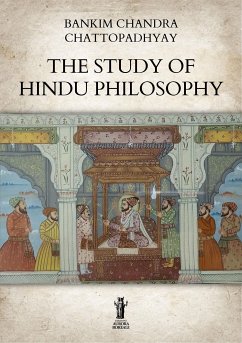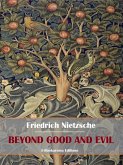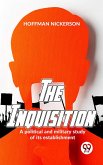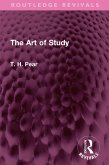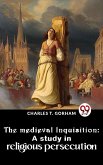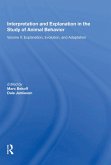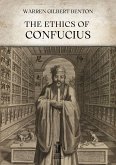Bankim Chandra Chatterjee, also known as Chattopadhyay (1838-1894) was an Indian novelist, poet, essayist and journalist. Born in the village of Kanthalpara, Naihati, in an orthodox Bengali Brahmin family, is widely regarded as a key figure in literary renaissance of Bengal as well as the broader Indian subcontinent. Some of his writings, including novels, essays and commentaries, broke away from traditional verse-oriented Indian writings, and provided an inspiration for authors across India. He was the author of the 1882 Bengali language novel Anandamath, which is one of the landmarks of modern Bengali and Indian literature, and the composer of Vande Mataram, written in highly sanskritized Bengali, personifying Bengal as a Mother Goddess and inspiring activists during the Indian Independence Movement. Chattopadhayay wrote fourteen novels and many serious, serio-comic, satirical, scientific and critical treatises. He is known as Sahitya Samrat (Emperor of Literature) in Bengali. The Chattopadhyay's essay The Study of Hindu Philosophy was first published in Mukherjee's Magazine in May 1873. In it, the great Indian scholar explains with great wisdom and competence the relation of Hindu Philosophy to Hindu Mythology and to true Science, and the effect of Hindu Philosophy on the political and social life of the Hindus.
Dieser Download kann aus rechtlichen Gründen nur mit Rechnungsadresse in A, B, BG, CY, CZ, D, DK, EW, E, FIN, F, GR, HR, H, IRL, I, LT, L, LR, M, NL, PL, P, R, S, SLO, SK ausgeliefert werden.

